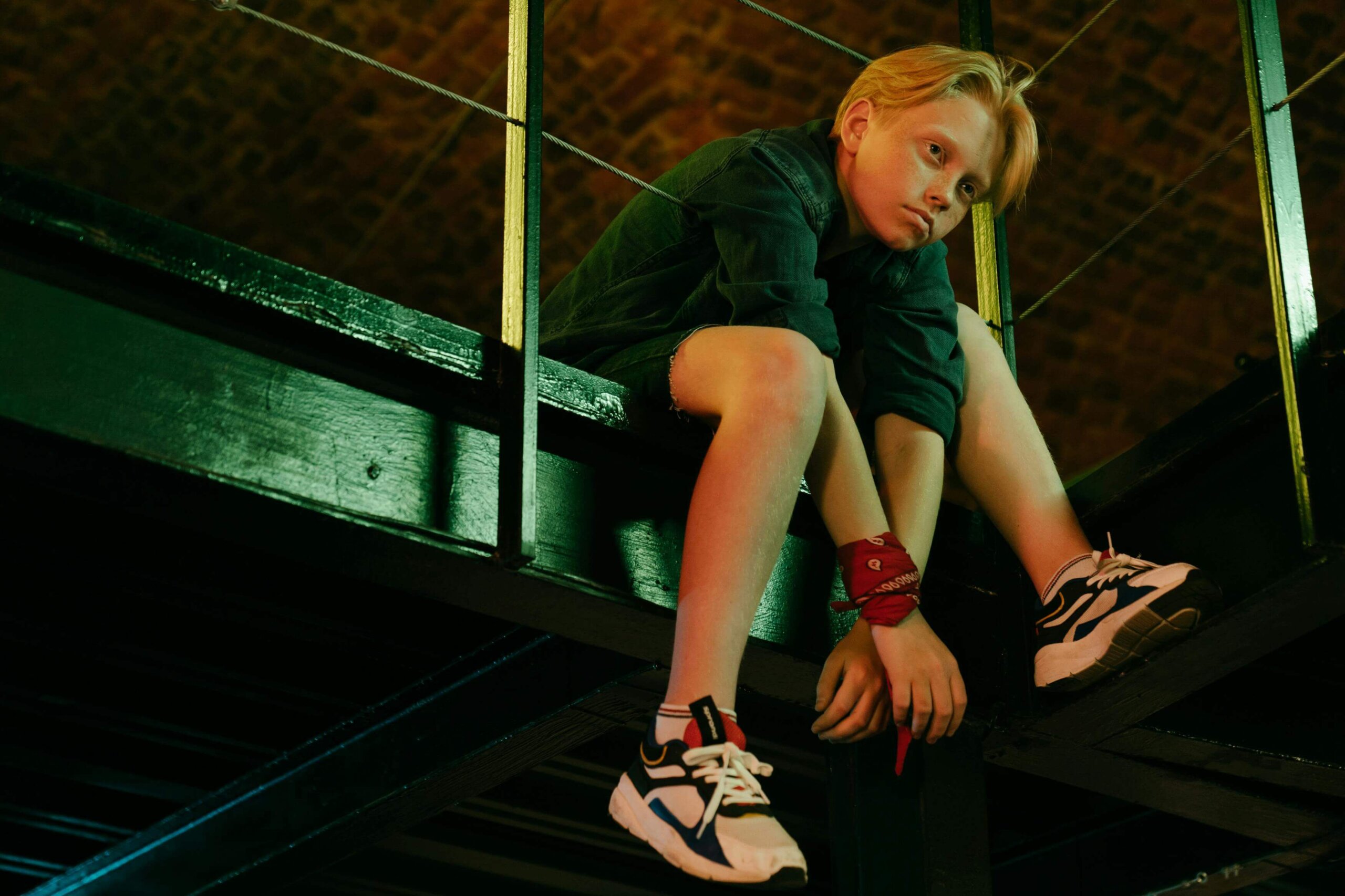It is normal for teens to test their boundaries and their parents during the adolescent years. However, when behavior issues become extreme or begin to interfere with healthy development, it is time to consider stronger measures than simple tough love. Teens dealing with issues such as anger, defiance, depression, anxiety, substance abuse or mental disorders are all examples of conditions that can be resolved or improved through consistent behavior modification methods.
Behavioral modification defined as a system of therapeutic techniques designed to help teens target their negative behavior and replace it with positive behavior. It is a teaching tool intended to show them how to manage their challenges in a healthy way. If your son has failed to respond to anything else you have tried, it is likely that he would benefit from behavior modification therapy. The earlier you implement it, the more effective it is.
What is Involved?
The basis for behavior modification therapy is operant conditioning. This refers to behavior that is shaped through reinforcement. The two types used to create a therapy plan are Positive and Negative.
-
Positive Reinforcement – Positive reinforcement is used to encourage positive behavior through a desirable reward system. Teens should be allowed to be part of determining the rewards and privileges offered so that they will be motivated.
-
Negative Reinforcement – Negative reinforcement is the implementation of a consequence or the removal of something desirable when the established rules are broken.
How Is It Used?
The basic reward/consequence system that makes up behavior modification therapy is familiar to most parents. What makes it so effective, however, is strict consistency. Expected behavior should be clearly stated and discussed by both parties. Some parents have found it helpful to write it down, almost like a contract, so that it can be referred to in the event of a disagreement. The goal is to help teens learn to self-adjust as they experience motivation, rewards and consequences that are concrete. In time, they will learn to control their own actions, rather than trying to negatively control those around them.
While behavior modification therapy is frequently used in an outpatient setting and supervised by a licensed therapist, some parents find that their son needs more help than they are able to give at home. In the most extreme situations, full time facilities such as residential treatment centers or therapeutic boarding schools offer an opportunity for troubled teens to continue with their therapy plan in a more controlled environment without the usual temptations and triggers. Through a curriculum that offers various therapy modalities as well as regular one-on-one guidance from trained counselors and staff, residents are able to turn their lives around and learn to make healthier decisions. They are also able to practice healthy interaction and communication with peers and authority figures.
Whether you decide that outpatient or full time care is best for your troubled teen boy, behavior modification can help him address his challenges and learn to adjust his actions for a more positive result and a healthier future.











0 Comments